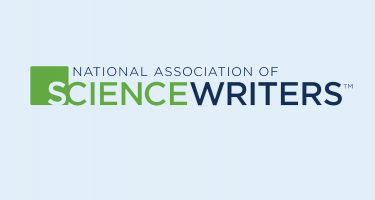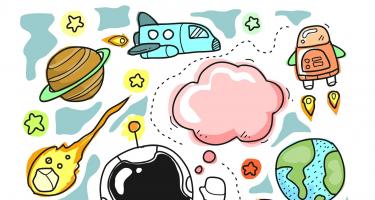


The National Association of Science Writers is pleased to offer a fellowship for talented students and early-career science communicators undertaking summer internships.
Feb. 16, 2021

Here are the internship providers who will be participating in the NASW Virtual Internship Fair 2021
Feb. 3, 2021
NASW student members looking for great internships or one-on-one conversation with editors, or news and science organizations looking for top interns or the chance to meet up-and-coming science journalists should plan to attend the 2021 NASW Internship Fair.
Jan. 17, 2021
The National Association of Science Writers (NASW) is sponsoring virtual student programming to coincide with the AAAS 2021 annual meeting.

Five projects aimed at fostering diversity in science writing and helping science writers navigate complex data on the pandemic were selected to receive Peggy Girshman Idea Grants.
Jan. 11, 2021
At the onset of the COVID-19 pandemic, a small team sought to track the virus’ spread across the United States by documenting testing rates. Since April, The COVID Tracking Project has grown to hundreds of volunteers that compile state-level COVID-19 data trends each day.
Dec. 21, 2020